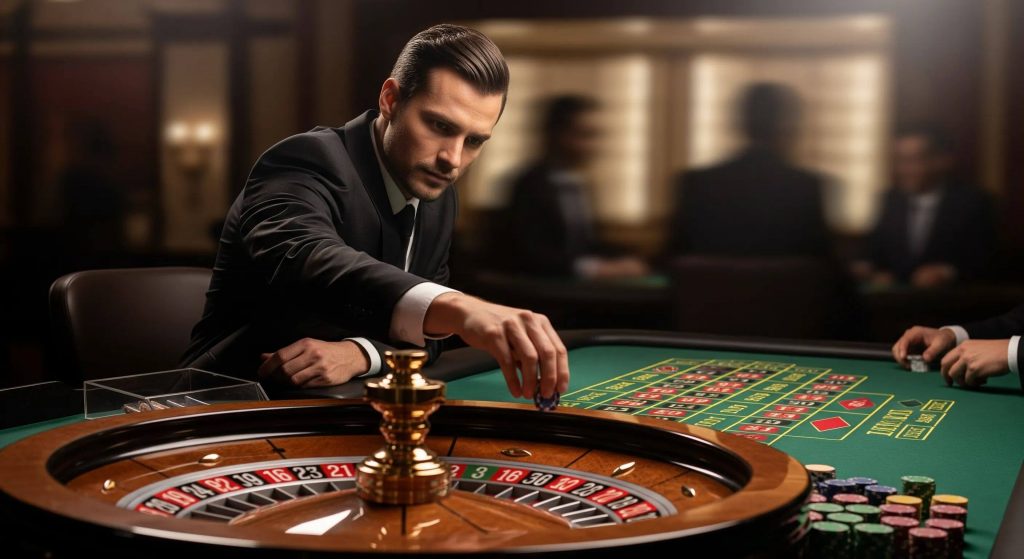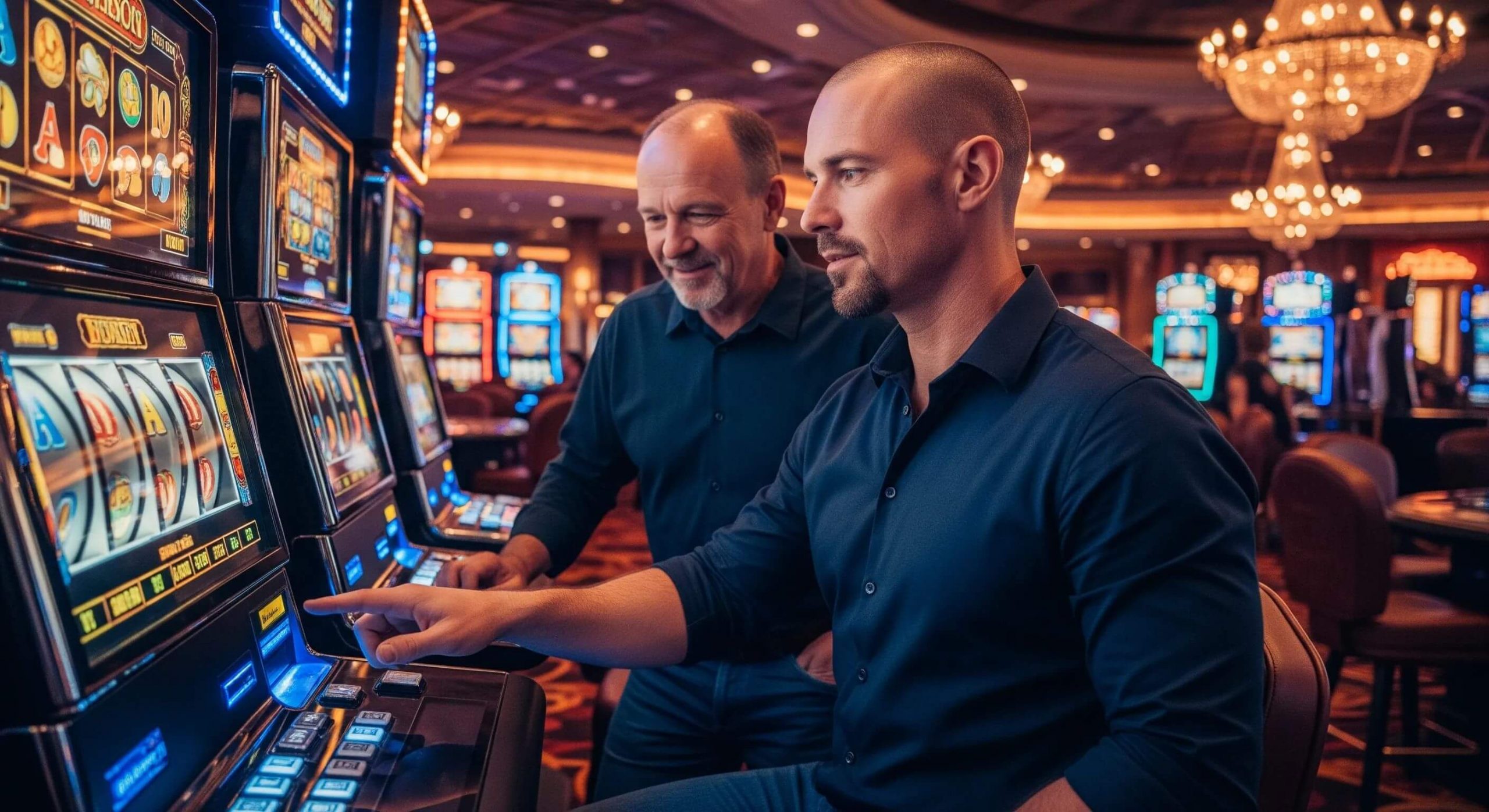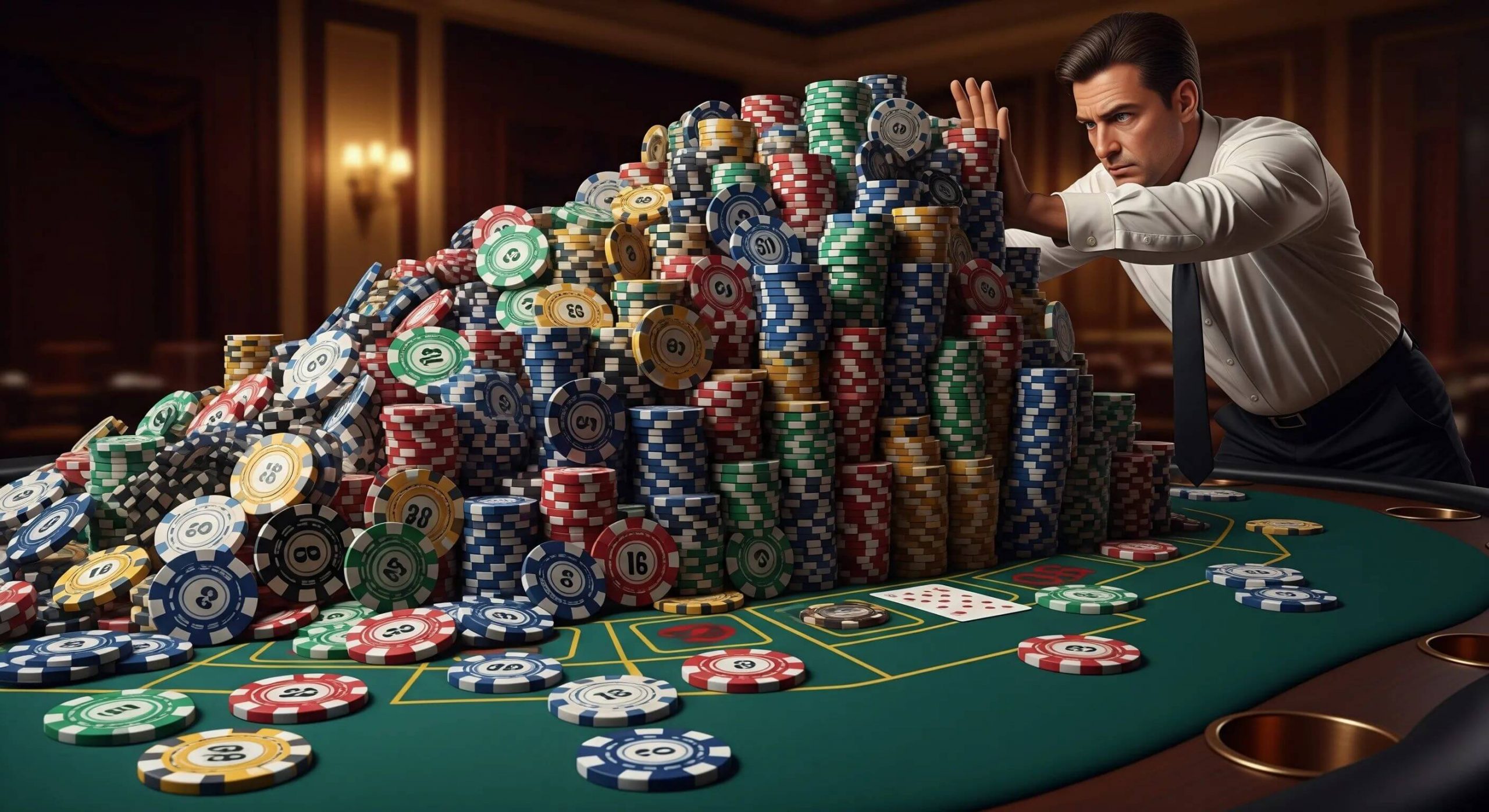
The Role of Probability in Casino Strategy

Walk into any casino and you’ll hear the clatter of chips, see the flick of cards, and maybe spot a hopeful gleam in someone’s eye. What you won’t hear, though, is the quiet, relentless hum of probability doing its invisible work behind every spin, shuffle, and roll. Probability isn’t just an academic concept reserved for maths textbooks — it’s the heartbeat of every gambling operation, the silent architect behind every house edge. And no matter how many neon lights or glitzy themes you slap on a game, it always comes down to cold, calculable odds. Truth is, most casual players barely scratch the surface of understanding how probability operates in a casino environment. They think in terms of “hot streaks” and “luck,” completely unaware they’re playing into systems honed over decades, designed not just for excitement — but for sustainability. If you want to start thinking like the house, you’ve got to drop the superstition and start crunching the numbers.
Understanding the House Edge
Many newcomers often misjudge even the basics of a casino’s design. The single most overlooked principle is the house edge — that built-in advantage the casino holds on every game. It’s not a widespread theory or a rumour; it’s mathematically coded into the rules. On American roulette, for instance, the house edge clocks in at approximately 5.26% because of the double zero. European roulette? That edge drops to around 2.7% — a significant difference for anyone looking to really understand risk versus reward. Card games like blackjack offer a more dynamic probability landscape. With perfect basic strategy, the edge can dip below 1%. But let’s be realistic — perfect play is rare. Most players rely on guesswork, giving the casino a bigger slice of the pie. A seasoned eye can spot these inconsistencies at a glance, and they’re why casinos like Voodoo Dreams continue to thrive among players who don’t know what they’re up against.
Short-term Variance Versus Long-term Expectation
The common punter often falls for what we call the “gambler’s fallacy” — the idea that they’re due for a win after a series of losses. But this completely ignores the concept of variance. In the short term, anything can happen: a winning streak, a massive run of bad luck, you name it. That’s variance at play. But in the long run? Probability always wins. You could say probability is like gravity — you can defy it for a bit, but it always pulls you back down. The real strategic edge comes from understanding which games offer low variance and which ones swing wildly. Slots, for example, are famously volatile. Great for high-risk thrills, but hopeless for control. Table games? More structured, more predictable — assuming you know what to look for. That’s why disciplined play and bankroll management are key pillars in any serious gambler’s repertoire.
Game Design and Psychological Manipulation
Behind every flashing light and upbeat jingle is a calculated attempt to stretch playtime and encourage risk. From a legislative standpoint, game developers must meet strict compliance standards. But clever design can still influence perception. Games that reward frequently — even in small amounts — keep players engaged. This is another aspect where probability is twisted not just to maintain a margin but to manipulate behaviour. Understanding this isn’t just about staying sharp — it’s about staying safe. Knowing how these systems work can prevent the formation of unhealthy habits. It’s exactly what articles like this breakdown on gambling addiction try to address.
Strategic Decisions in Player Hands
Games like poker or blackjack offer a rare thing in casinos: strategic agency. In these games, decisions genuinely affect outcomes — but only if you understand the underpinning probabilities. Knowing when to hit, double down or fold isn’t just a hunch; it’s rooted in statistical reasoning. Take poker: if you’ve got a flush draw on the flop, your chance of completing that flush by the river is roughly 35%. That type of knowledge changes how you bet and when to play aggressively. I once watched a high-stakes player throw away thousands because he overestimated the strength of his top pair. Rookie mistake? Not at that level. It’s just another reminder that confidence without probability awareness is like steering a car blindfolded. You might move fast, but you won’t last long.
Adapting to Modern Platforms and RNGs
Online platforms introduce another layer: Random Number Generators (RNGs). These digital engines mimic randomness but are still bound by pre-set rules and probabilities. Don’t be fooled by animations or themes — whether it’s underwater slots or zombie-themed blackjack, the backend maths is what really matters. At platforms like Woo Casino, every spin or draw may look spontaneous, but it’s been generated under very exact probability specifications. RNGs are audited for fairness, but remember, fairness doesn’t mean player-friendly. It just means consistent logic as per expected returns. Playing without understanding this is like playing darts in the dark — and expecting a bullseye every time.
Final Thoughts: Respect the Mathematics
Probability doesn’t care about your mood, your horoscope, or how “lucky” your socks are. It’s impartial, unyielding, and the true master of the casino floor. Whether you’re at a land-based table or clicking chips online, the only real name of the game is odds. That’s what separates the entertained from the devastated, the casual from the connoisseur. So next time you’re thinking about placing a bet, ask yourself this: are you playing the game, or is the game playing you? Those who understand probability never chase losses, never confuse streaks with strategy, and always know when to walk away. That’s not just smart gambling — that’s survival.
 Related Blog posts
Related Blog posts

